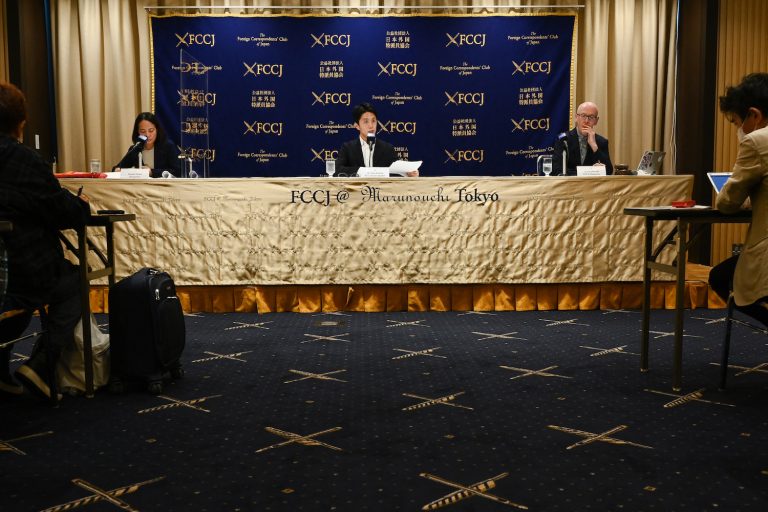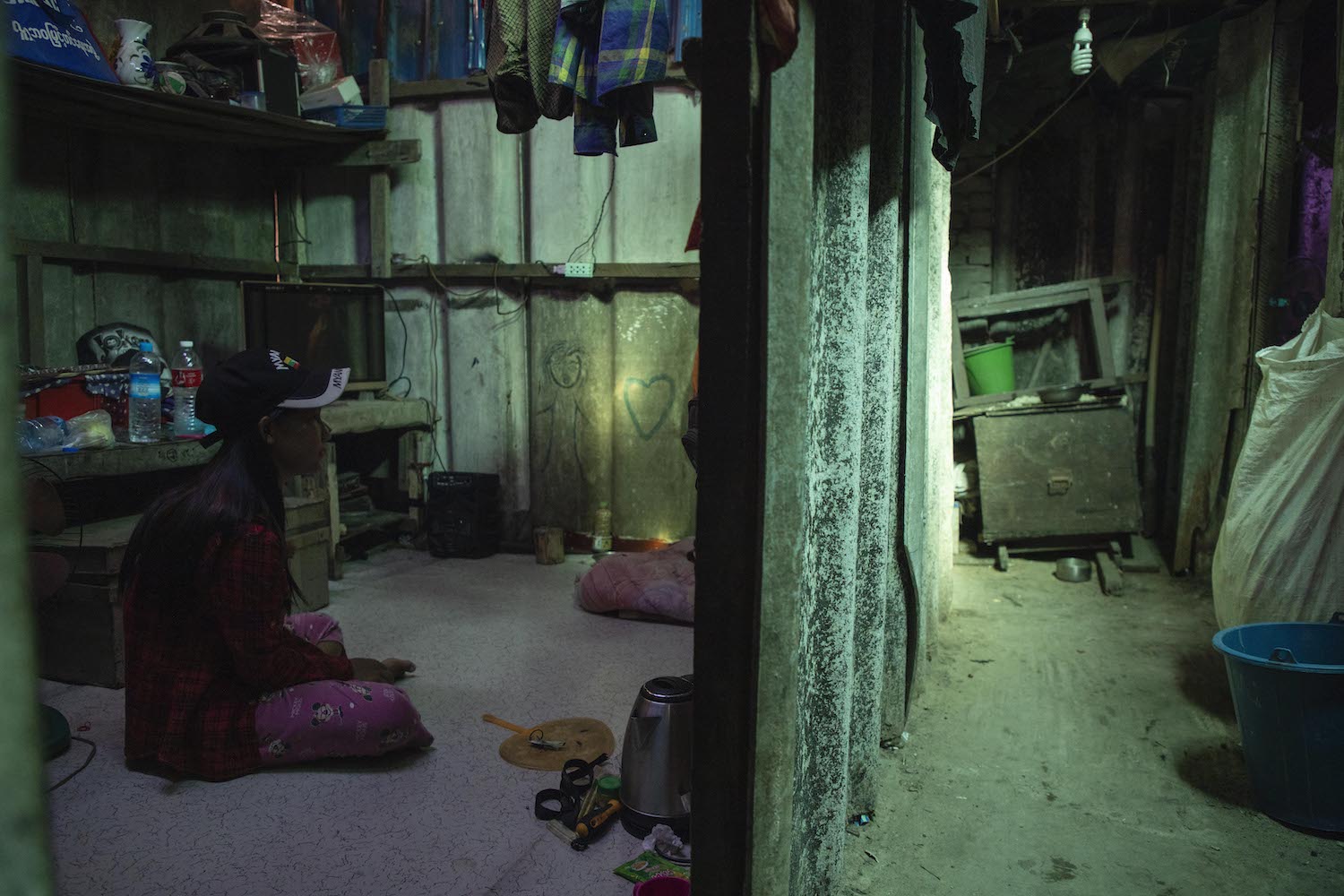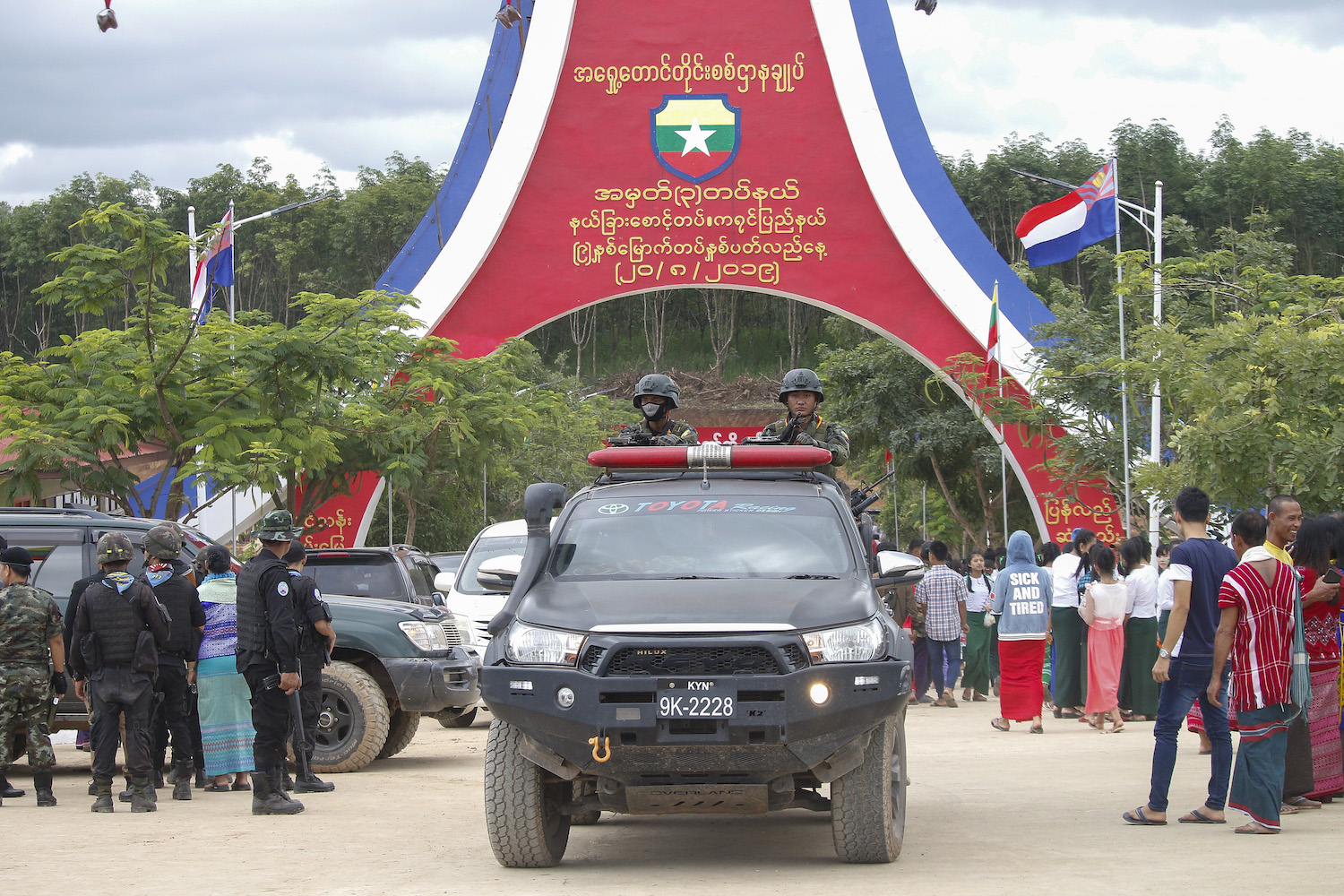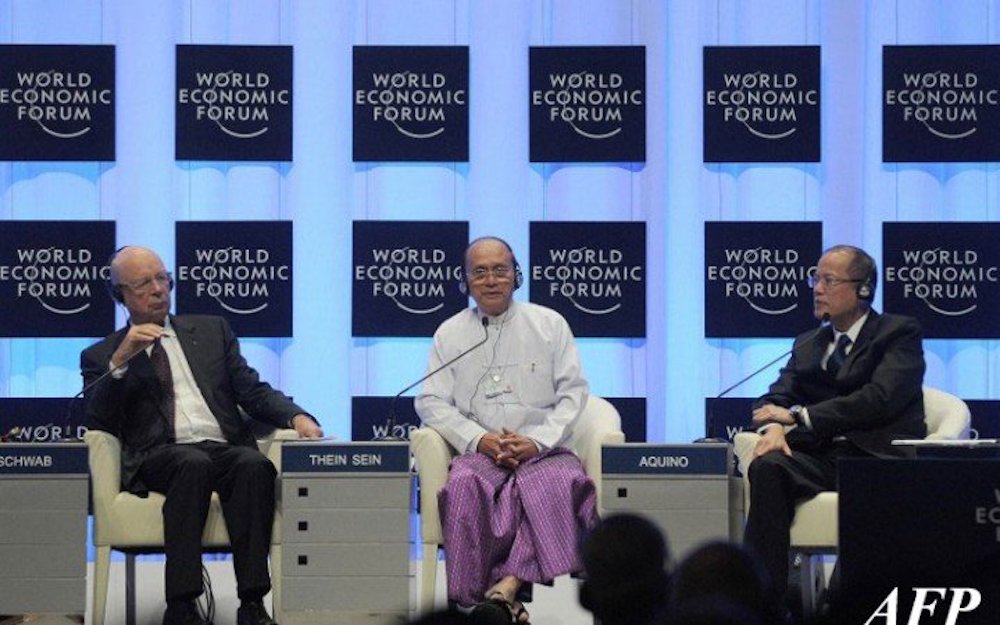Myanmar Investment Commission secretary U Aung Naing Oo speaks to Frontier about the new Investment Law and the outlook for foreign investors.
By KYAW PHONE KYAW | FRONTIER
The new investment law will be implemented by the reconstituted Myanmar Investment Commission that was appointed in June with Planning and Finance Minister U Kyaw Win as its chair. The new MIC faced a heavy initial workload due to a backlog of investment applications following the dissolution of its predecessor when the government changed hands in late March. U Aung Naing Oo, who retained his position as commission secretary, spoke to Frontier about the investment law and recent changes at the MIC.
You were also involved in the previous MIC. What are the differences between the commissions?
The number of members is different, for number one. [Previously] there were 13 members, including a chairman, vice chairman and myself. Now there are only 11 members. Seven members of the previous MIC were from the government side; minister, deputy minister level and me. The other six members were from the private sector and civil society.
The current MIC includes two ministers and the Attorney General, who are political appointees, as well as permanent secretaries, other members mostly retired officers and a member of the Union of Myanmar Federation of Chambers of Commerce and Industry.
The previous MIC was overwhelmed by members who had a policy-making role but the current team has more working level members.
During the previous MIC, there was controversy over some approved projects. An example was the government’s decision in July last year to cancel five redevelopment projects on a 28-hectare site formerly owned by the military opposite the Shwedagon Pagoda. The projects, that included the US$300 million (about K382 billion) Marga Landmark Development Company’s Dagon City 1 development on which work had begun, had received MIC approval. How will the new MIC avoid similar situations?
Support more independent journalism like this. Sign up to be a Frontier member.
The rules, regulations and procedures are the same as the previous MIC. According to the regulations, when we receive a proposal, we need to seek approval from the relevant ministries first, and then from the relevant state and [regional] governments.
If necessary, we ask the opinion [of relevant experts] MIC approves a project only after these bodies have given their approval. We approve projects when we believe there will be no unwanted consequences. For the Marga Landmark case, we did the same way, but there were unexpected objections from the public and the government stopped the project.
So the procedures are the same with the previous term. But we learnt a lot of lessons from the previous term, such as the Marga case. To avoid these consequences, we review projects again and again and make sure there is no dispute.
The government has drafted a new Myanmar Investment Law, which combines the Foreign Investment Law and the Myanmar Citizens Investment Law. It was written by the MIC with assistance from the International Financial Corporation. What’s your opinion about the new law?
When there were two separate laws the local businessmen thought the law favoured foreign investors and foreign investors thought it favoured locals.
When Myanmar took the ASEAN chairmanship role [in 2014], it had to follow the rules set for ASEAN countries. In the previous government’s term, the OECD [Organisation for Economic Co-operation and Development] and the government figured out the weakness of Myanmar investment policy. The OECD said the separation of investment laws made it harder to attract investment.
The merging of these two laws is based on ASEAN guidelines and we also found some flaws in the old laws. For example, weaknesses in the law meant that tax incentives sometimes went to undeserving businesses. Another thing was the complexity of the regulations. To approve one investment required permission from the relevant ministries and also from the relevant state or [regional] governments, as well as other relevant organisations. So, it was a lengthy procedure.
In Vietnam, it takes only three days to finish all investment procedures. But here, it can barely be done in three months. Here, we review the projects before they are approved but after the project is started, we barely enforce the regulations. Actually, projects should be regulated after they start rather than reviewing the paper work.
As we became aware of these flaws, we prioritised finding solutions when the law was amended. We have streamlined the procedures. Some businesses, as long as they are not restricted, do not need to submit applications to MIC and can start operations after they have approval from state or regional governments.
Before, tax incentives were given to all industries but in the new law, they will be given to industries that benefit the country and the people. Tax incentives are also bigger for industries in undeveloped areas.
Of the new law, 50 percent comes from the old laws and 50 percent is new. I think international investors are impressed by the new law.
You mentioned that the new investment law offers tax incentives to encourage investment in promoted sectors or in undevel Do you think it will be difficult to encourage investment in areas that lack infrastructure, such as an adequate electricity supply and good transportation?
Not really. The needs can be seen as the opportunity. For example, it is an opportunity for investors who want to invest in electricity as the country lacks it. For those who want to invest in electricity, Myanmar has many opportunities.
A lack of infrastructure is a need for the country and an opportunity for investors. Saying that we give more tax incentives for investments in undeveloped areas doesn’t mean there are no incentives to invest in developed areas. Even if they invest in Yangon, there are tax incentives for promoted sectors.
What are the promoted sectors and which parts of the country will be prioritised for investment?
After the new law is enacted, the government will consult with state and regional governm will be classified as Zone 1, Zone 2 and Zone 3 [in terms of their level of investment priority]. The promoted sectors will change over time. For example, the country needs electricity so the government will favour that sector. If the country was like Thailand, the electricity sector would not be favoured.
So the promoted sectors are not fixed; they will change as the country’s needs change.
There will be tax incentives for investing in infrastructure, as the country favours that sector. Labour-intensive sectors will be included in the promoted areas. The agriculture sector needs to develop and it will be a promoted sector.
The investment law is expected to be enacted soon, but will require by-laws before it can be implemented, as will the amended Companies Act and the Foreign Workers Law. How long do you think that will take?
The Companies Act has been finalised by the ministry and will be discussed in the next session of parliament in early 2017. I hope parliament approves it promptly. The by-laws for the investment law will be out in 2017. I can’t comment on laws drafted by other ministries.
Will the MIC be changed again when the new investment law is enacted?
I don’t think so. The law change means the MIC will be formed again but I don’t think the members will change. The new MIC has only just been established, so I don’t think they will change it again now.
You mentioned that the MIC lacks the ability to enforce regulations after it has approved a project. Enforcement is needed in cases where companies are irresponsible. What needs to be done?
Enforcement cannot be achieved only by MIC. I get many questions from the media about the multi-level marketing industry and when asked I have to say it’s not MIC’s responsibility. MIC is only involved when businesses have received investment approval and in situations involving suspected violations of the Companies Act.
Fraud, money laundering and violations of the Consumer Protection Law are the responsibility of other ministries. A cooperative effort is needed to deal with irresponsible companies.
What is the investment outlook following the decision by the United States to lift most sanctions?
Lifting US sanctions is very good for the country. Before, companies needed to invest via other countries but now they can invest directly in Myanmar and process transactions in the country.
Another thing is the [US decision to restore to Myanmar trade privileges granted to developing countries under the] Generalised System of Preferences. Our country has to pass many more steps to be ready for GSP. For example, our products will have to qualify for their markets.
We are also preparing to make sure that doing business with the US is quick and easy. The Ministry of Commerce is planning workshops for businesspeople on procedures to export to the US. MIC had prepared for the decision to lift sanctions but we might need to do some fine-tuning as the situation develops.
In the World Bank Group’s latest Doing Business survey of regulatory quality and efficiency, Myanmar was ranked 167th out of 189 countries and territories. What can MIC do to improve Myanmar’s ranking?
While setting the Doing Business rankings, they consider 10 factors. They include starting a business, protecting minority shareholders, how easy and fast a construction permit is issued, and access to electricity. MIC and DICA [the Department of Investment and Company Administration] are directly involved with starting businesses.
When Myanmar was first included in the Doing Business survey in 2014, it was ranked 189th out of the 189 economies. Since then, we have reduced unnecessary procedures and paper work and company registrations can be completed in three days. The World Bank has recognised our improvements and we have risen up the rankings. We will reduce more procedures this year and hope to rise even further.
The new Companies Act includes more protection for minority shareholders and after it has been approved we plan to introduce online company registrations. It will take only a few minutes for a procedure that now takes three days. We will do better, but some factors are out of our control. One is access to electricity.
Oil and gas has long dominated investment by sector and China is the biggest foreign investor. Will the investment landscape change in the future?
At the moment, 30 percent of all investment is in oil and gas but we are aiming for diversification and will promote other sectors, such as agriculture and manufacturing. We will not encourage extractive industries in future. Oil and gas will remain on top but it can’t take 30 percent of all our investment. I think the industrial sector will rise to 20 percent, from about 10 percent or 11 percent now. If we succeed in our mission goals in the next three years, the proportions will be balanced.
China has been the top investor country because of sanctions. The opening of the country attracted investment from other countries. During the term of President U Thein Sein’s administration, China accounted for nearly 35 percent of all investment but now it has dropped to 28 percent. With the lifting of US sanctions and if we can give guarantees to investors, the list of investor countries will become more diversified. But China will remain the top foreign investor for the next few years.
Title photo: Steve Tickner / Frontier






